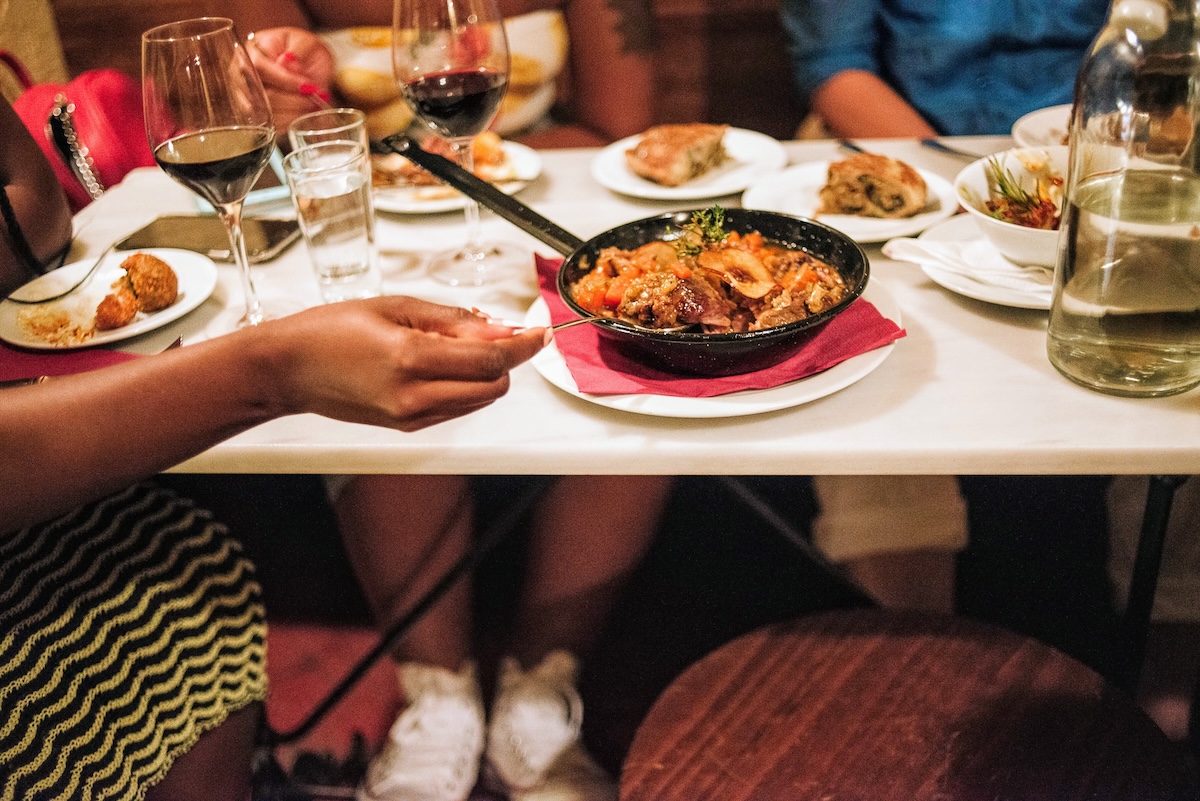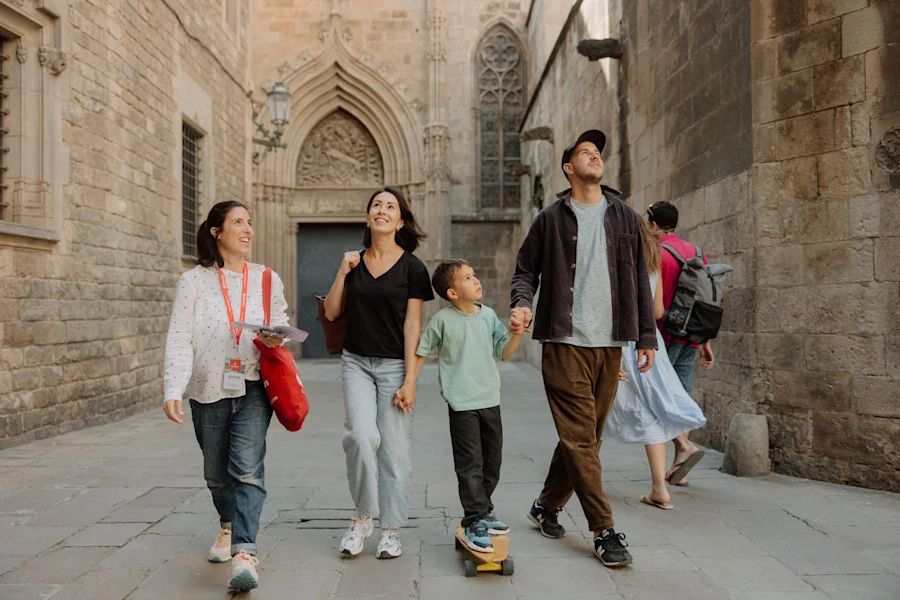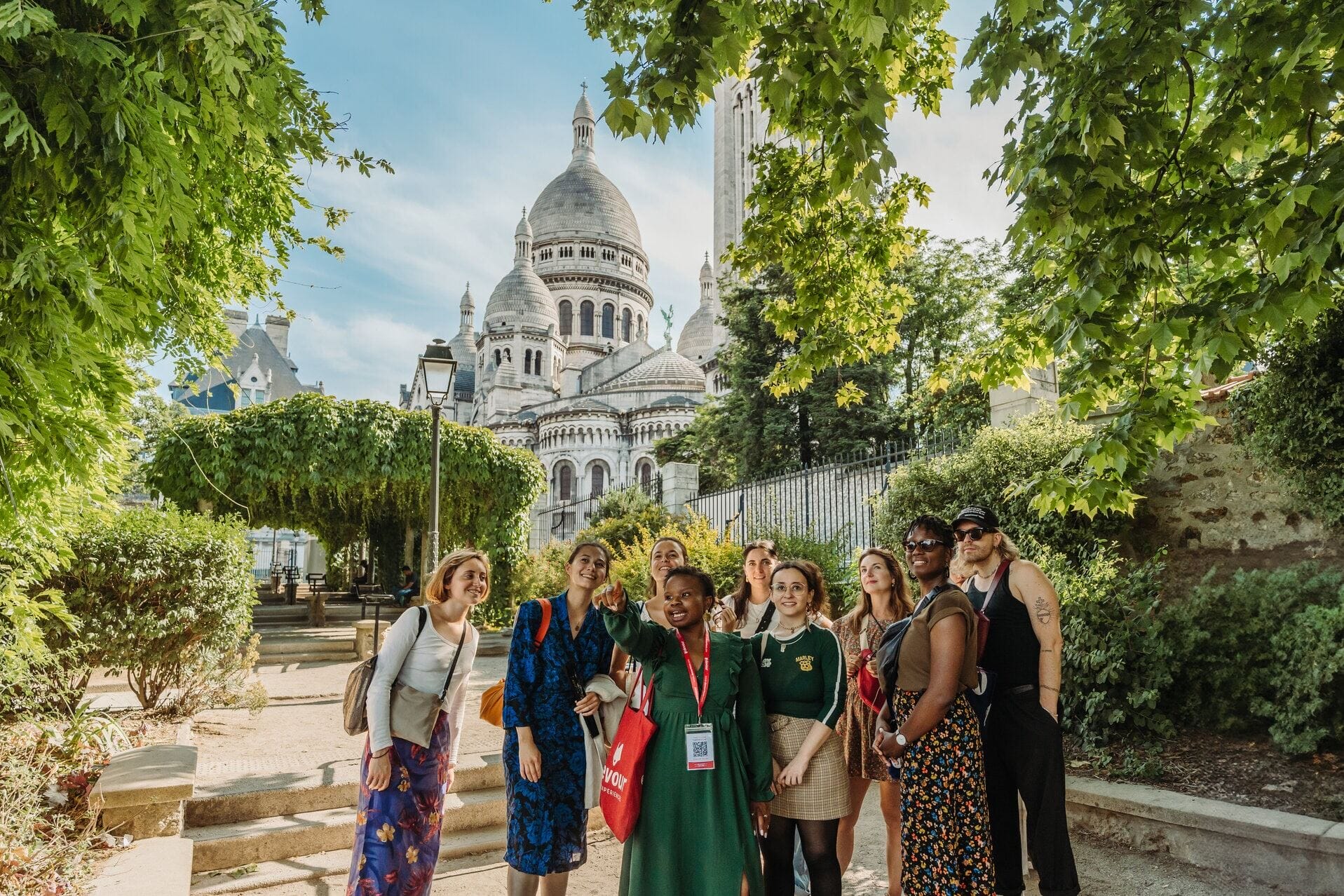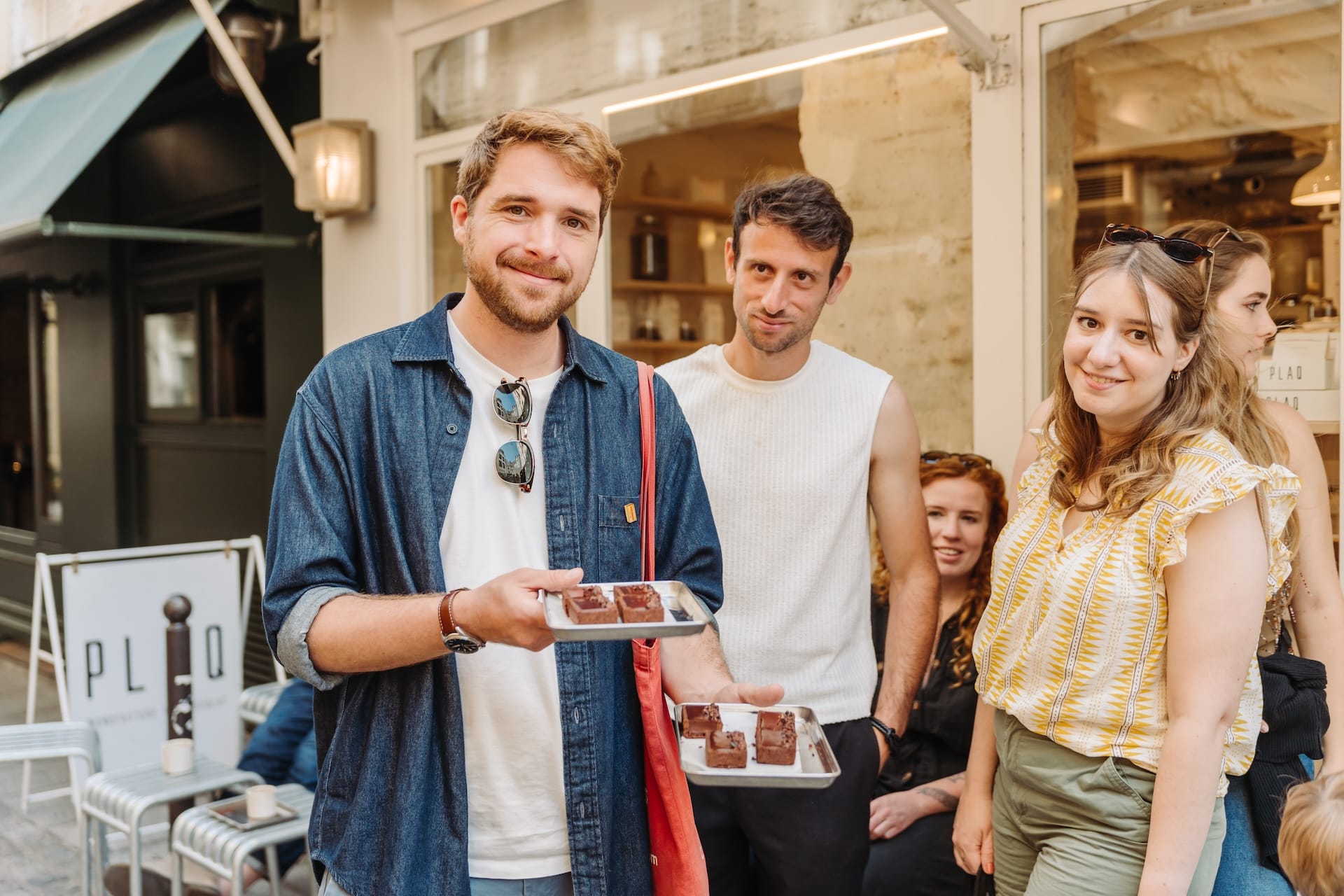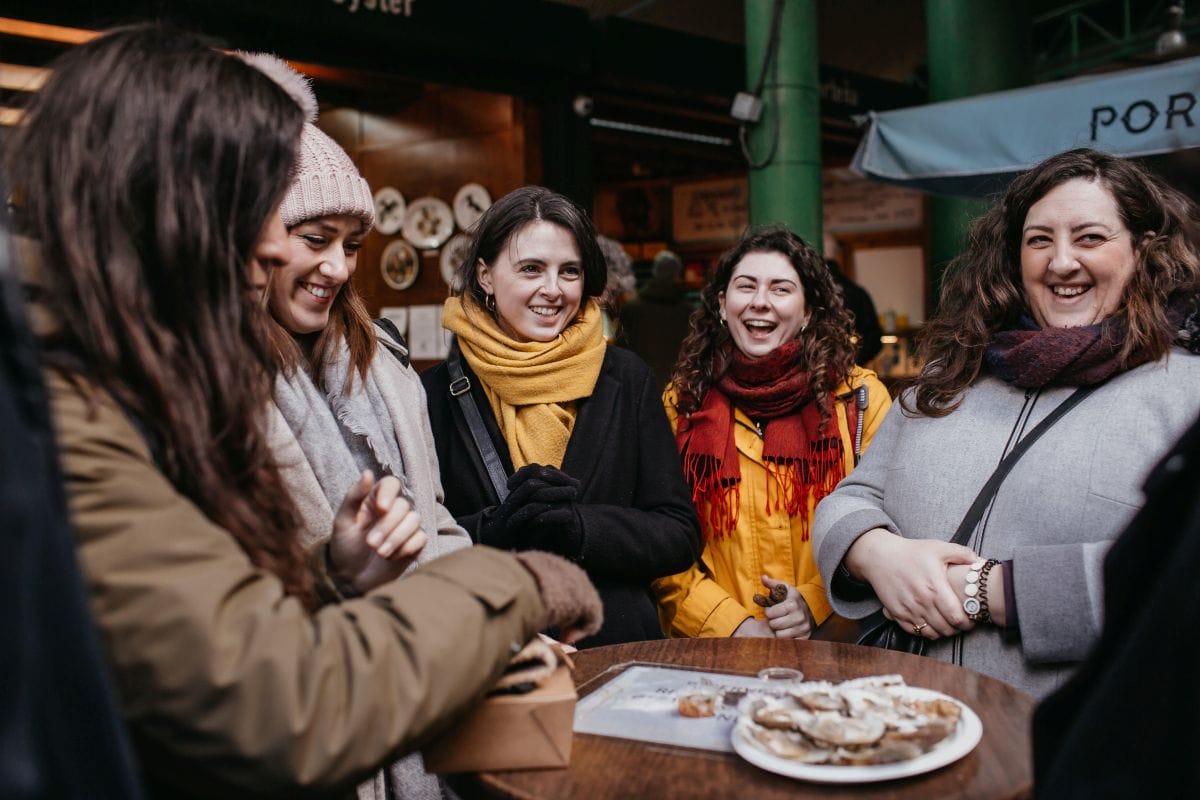First Time Eating in Barcelona? Start Here.
Planning your meals in a new city can be overwhelming, especially somewhere like Barcelona, where there is so much to taste and experience.
Continue reading >
